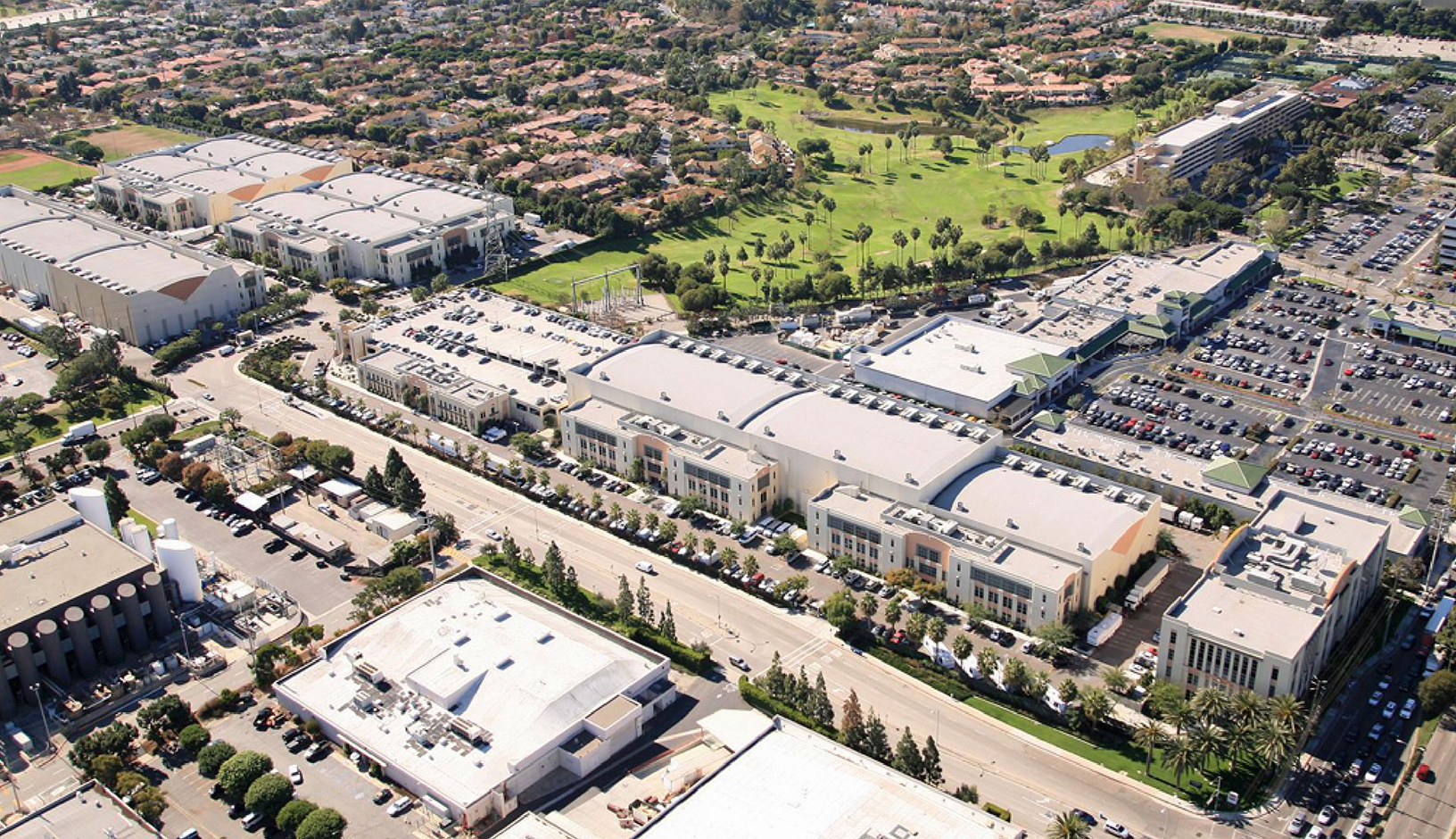
Courtesy of Randyl Drummer, CoStar (August 19, 2019)–Hackman Capital’s Purchase of a Movie Services Business Signals New Star Turn for Landlords
Hollywood’s newest power broker is neither a show runner nor talent agent. Instead, it’s a real estate investor and developer.
In relatively short order, Hackman Capital Partners has taken control of three iconic studios where 1930s classics like “Gone With the Wind” and “Citizen Kane” as well as hip new franchise favorites like Marvel Studios’ “Iron Man” and director James Cameron’s upcoming sequels to his “Avatar” blockbuster have been filmed. Hackman added to its haul this month by teaming up with investment manager Square Mile Capital Management to buy the 22-acre MBS Media Campus in Manhattan Beach along with MBS Group, one of the world’s largest studio-based lighting and equipment rental companies.
The deal signals the real estate industry’s interest in not only owning movie-making property but the services that go with it, and it comes as the appetite for studio space has rarely been greater. A surge of new movies and shows from streaming entertainment provider Netflix, online giant Amazon, iPhone maker Apple and their competitors, not to mention fare created for video games, web channels and e-sports companies, has driven up demand for production space and equipment that has traditionally been the province of specialists and the big movie studios.
“Studio lots used to be an unusual property niche owned by a lot of cowboys,” said John Tronson, a veteran entertainment broker and principal for Avison Young who has closed deals involving the former site of the ABC television studios, the Capital Records Building on Vine Street and other production facilities. “That has changed, and very sophisticated real estate owners like Hackman will now have their hands in every aspect of operating studios.”
This trend shows little signs of slowing. Hackman Capital Founder and CEO Michael Hackman, a native of Columbus, Ohio, who got his start building warehouses in Southern California in the late 1970s, said in a statement that “as competition for content continues to increase, we see tremendous opportunities to grow this real estate platform globally.”
Hackman Capital did not respond to multiple requests to provide further comment, but industry veterans say real estate landlords see an opportunity to become something of a coworking provider to film and video producers, providing not just the space but the services needed to be successful.
“It’s very much about wanting to provide a turnkey solution for creators,” said Kevin Klowden, executive director of the Center for Regional Economics at the Milken Institute, a Santa Monica, California-based think tank that publishes economic and financial research.
Craig Darian, chief executive and co-chairman of Occidental Entertainment Group Holdings, one of the largest independent studio and sound stage companies in Hollywood, noted that one of the benefits of the MBS deal is that it comes with an existing client roster.
“I think Michael Hackman is buying the MBS operations because he knows they are legacy assets and he’s got captive tenants,” Darian said. “If I were acquiring a major studio lot, I’d also want to acquire the underlying operations.”
Owner, Operator or Both?
In many ways, operating a studio is like operating a coworking space. Film and TV production companies typically lease studio facilities for a year or less, forcing operators to think creatively about how to make their space stand out to mitigate the churn, said Craig Peters, a CBRE Group executive vice president.
“A lot of studio income comes from not just rent but also selling the suite of ancillary services that production companies need, like lighting,” Peters told CoStar News. “You’re starting to see a couple of companies bridge that gap now between the traditional real estate and the needs of the productions.”
Even smaller players like Santa Monica, California-based commercial real estate development and investment company BLT Enterprises are dabbling in establishing a studio operating businesses in a competitive market where FilmLA, the nonprofit and official film office of Los Angeles city and county, said sound stages are operating at 98% capacity.
A BLT Enterprises subsidiary recently acquired the Ben Kitay Stages in Hollywood, California, and plans to open a studio production division. While not part of the company’s original plan, a BLT executive said “after rolling up our sleeves and learning about the exciting business of stage and equipment rentals, we quickly realized this was an opportunity we didn’t want to pass up.”
Old-line entertainment giants aren’t standing still in the race to meet expanding studio demand. In April, Warner Bros. announced plans for a $1 billion expansion in Burbank, California, where it will buy Burbank Studios and move into two office towers designed by famed architect Frank Gehry to look like floating icebergs in a project developed by Worthe Real Estate Group and Stockbridge Real Estate Fund.
“The heritage studios have larger sound stages and have developed state-of-the-art post-production facilities. But despite improvements, demand for larger stages of 18,000 square feet or larger is surpassing supply,” said David Jacobson, project director for Los Angeles-based Nadel Architects, which has designed sound stages in Burbank and other large entertainment projects.
Some Hollywood in L.A.’s South Bay
To people headed for Manhattan Beach on a summer day, the collection of office buildings and sound stages along Redondo and Rosecrans avenues making up the MBS Media Campus looks like many Los Angeles neighborhoods where production facilities share city blocks with shopping centers and restaurants. It is not uncommon to see celebrities turn up at the nearby Starbucks and Trader Joe’s stores.
The Manhattan Beach studios were built 20 years ago, during an earlier dearth of studio and sound stage space, by Shamrock Holdings, an investment firm founded by Walt Disney nephew Roy E. Disney. Shamrock built the $82 million studios in 1999 and sold the complex for $100 million four years later to OakTree Capital Management Co. OakTree later traded it to Carlyle Group in 2007 for $150 million.
Before it bought MBS from Carlyle Group for $650 million, Hackman had acquired the historic Culver Studios at 9336 Washington Blvd. in Culver City, California, for $89.7 million from Pacific Coast Capital Partners in 2014. Hackman Capital announced last December it would buy CBS Corp.’s storied 25-acre Television City property for a whopping $750 million, and broke ground the same day on a $620 million expansion of Culver Studios, which is to become the new home of Amazon Studios.
Other huge commercial landlords have jumped into the fray. Real estate investment trust Hudson Pacific Properties has snapped up three studios, including the sprawling Sunset Gower and Sunset Bronson studios and the smaller Sunset Las Palmas studios with a combined 37 sound stages and 1.2 million square feet of facilities. The Los Angeles-based REIT counts several of the largest entertainment companies as tenants, including Netflix, ABC/Disney, HBO, Amazon and Apple.

